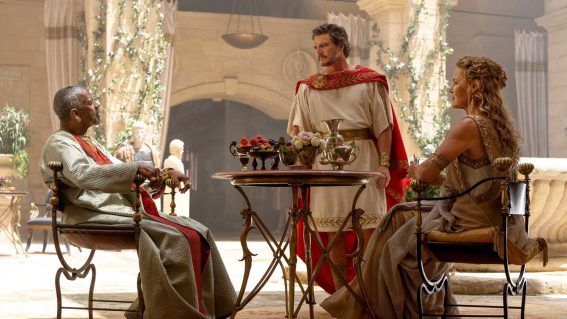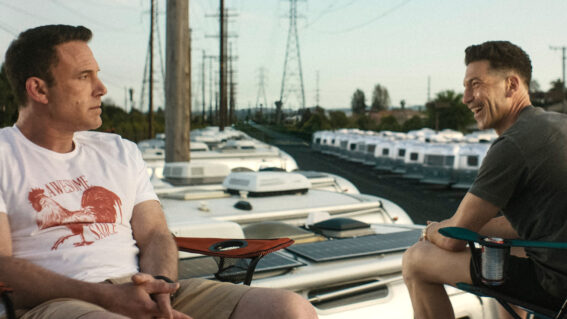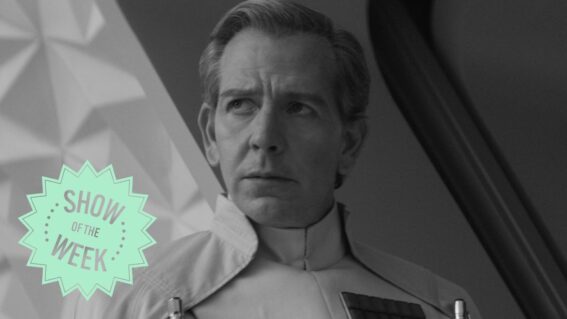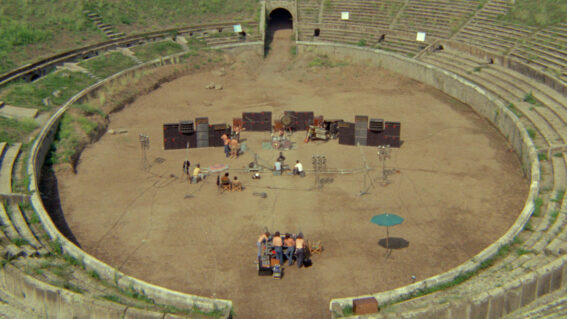It’s easy to fall into the indulgent YA daydreaming of Shadow and Bone
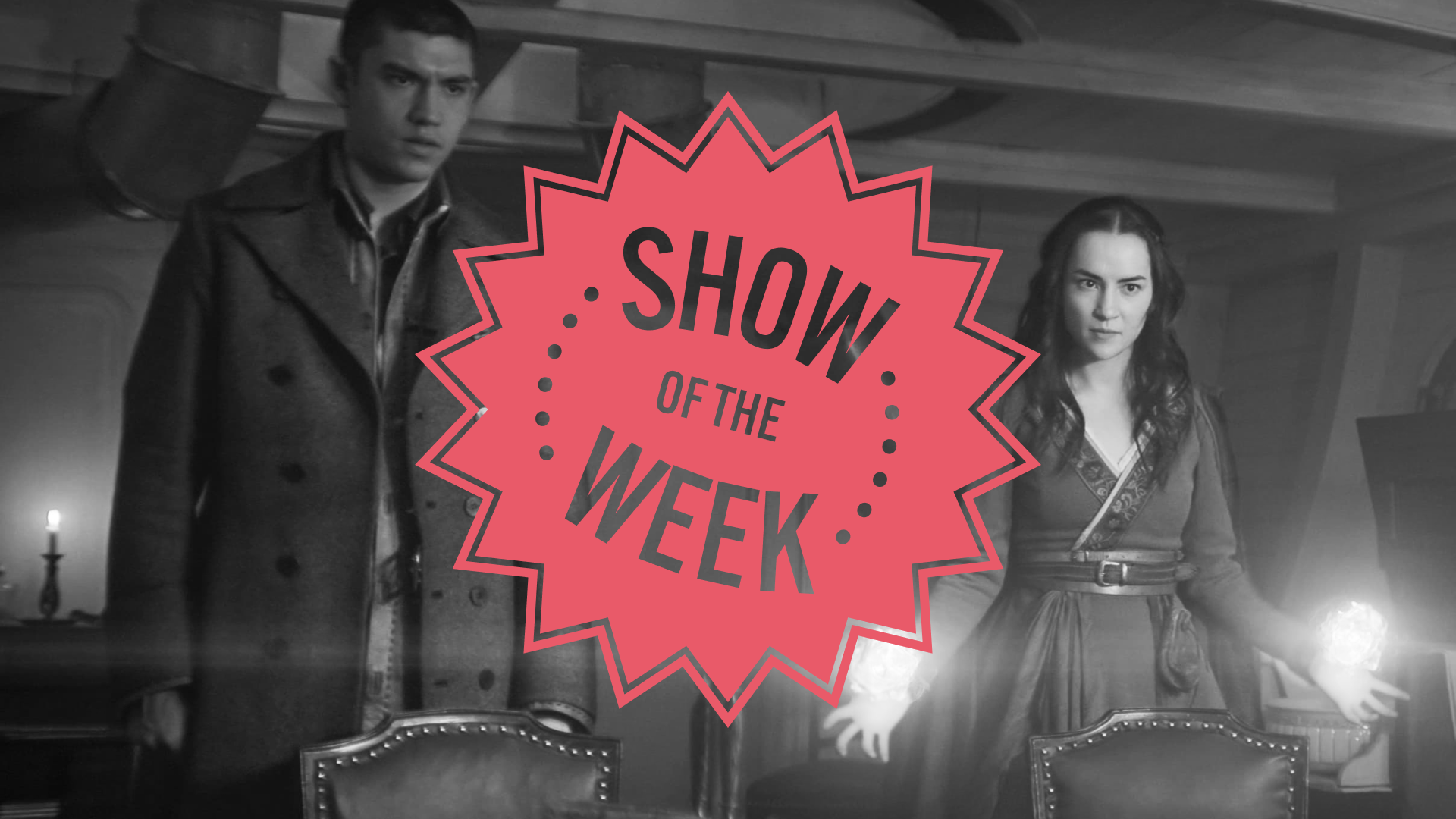
We’re all drowning in content—so it’s time to highlight the best. In her column published every Friday, critic Clarisse Loughrey recommends a new show to watch. This week: the second season of Netflix’s Shadow and Bone, a fantasy adaptation which “lines up the essential qualities of a daydream”.
My YA fantasy novel of choice growing up was Philip Reeve’s Mortal Engines. Years before it was turned into that wet spaghetti strand of a cinematic adaptation, it was the thoroughly rifled-through paperback sitting on my bedroom shelf—an ever-present invitation to all the reckless adventure, intersecting histories, and grandiloquent emotions that occupy the best of our young daydreams.
That’s always how I’ve seen these types of stories. They were our daydreams written by another’s hand, in which we could transform ourselves into chosen ones, lovers fated by the stars, or youthful minds handed the keys to the kingdom. These were the things that, in the real world, teenagers are always deemed too immature and too vacuous to handle. And so these books, alongside the films and shows they’ve been adapted into, were a sophisticated form of escapism—a way for my own, younger self, at least, to better understand the potential I held in my own head.
I wasn’t entirely won over by Netflix’s Shadow and Bone, having raced through its first season and its recently debuted follow-up. Its narrative, especially in this second outing, is almost aggressively complex—while season one combined only two of Leigh Bardugo’s novels, Shadow and Bone and Six of Crows, season two mixes together no less than six books in her “Grishaverse” series.
The chosen one of choice here is Alina (Jessie Mei Li), revealed to be the fabled Sun Summoner, a wielder of magic who can harness the power of light itself. She’s said to be (of course) the only one who can destroy the Fold, a shadow barrier that’s cleaved her world into two. In season two, she sets off in search of the two amplifiers, the Sea Whip and the Firebird, that will allow her to complete her task. She’s headstrong and brave, but otherwise enough of a blank slate that she can serve as a self-insert for her audience.
And while there are about three hundred characters here, all on different paths, the chief, secondary story deals with the Crows—a group of thieves and ne’er-do-wells, centered around Kaz (Freddy Carter), Inej (Amita Suman), and Jesper (Kit Young), who find their usual territory taken over by a thug named Pekka Rollins (Dean Lennox Kelly).
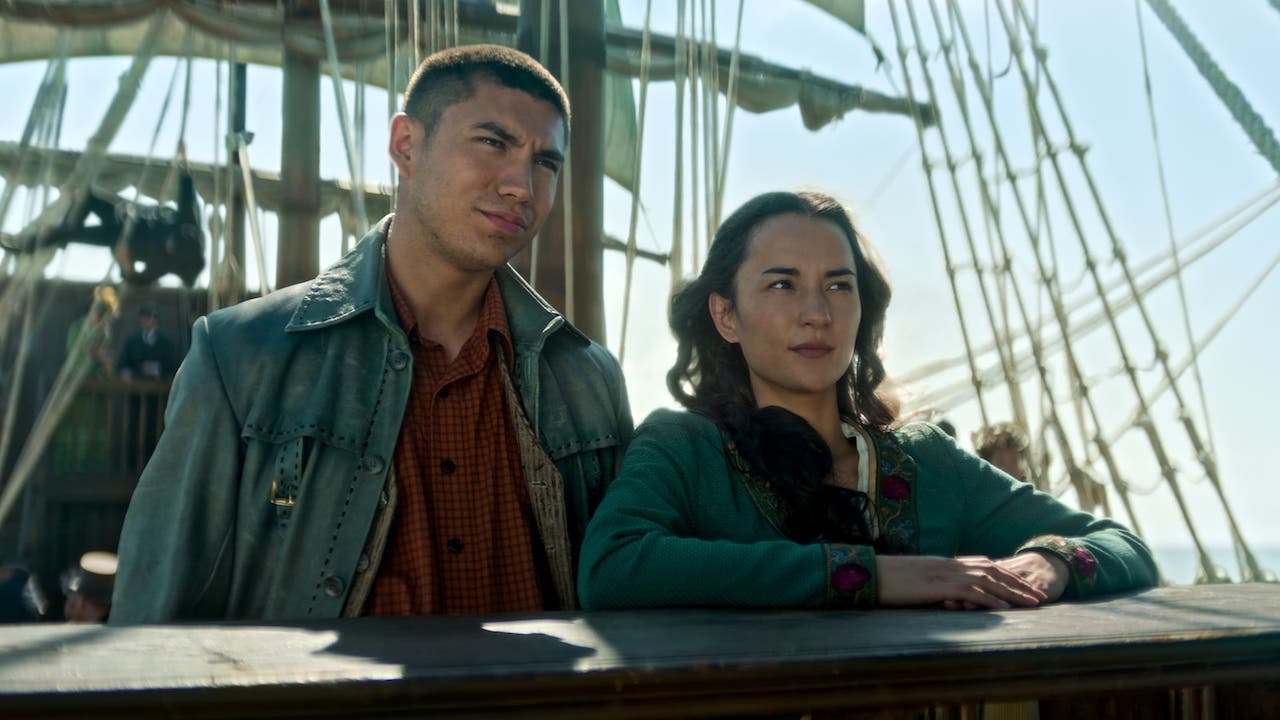
Watching Shadow and Bone, I was struck by how perfectly it lines up the essential qualities of the daydream. In another time, and perhaps another universe, I could easily see myself burrowing into these stories as a form of refuge. The show’s antagonist, The Darkling (Ben Barnes), a manipulator who seduced our heroine before revealing his true intentions in season one, here gets to brood like there’s no tomorrow.
Barnes revels in every scene of his character staring intently into a fireplace. Or in every moment in which The Darkling drifts into Alina’s dreams and seductively whispers her name—a couple of episodes in and their dynamic starts to look an awful lot like the passionately tortured “dyad” scenes between Kylo Ren and Rey in Star Wars: The Last Jedi. And, of course, poor Alina is torn between The Darkling’s hot temptations and the sweet, doting naivete of her childhood sweetheart Mal (Archie Renaux).
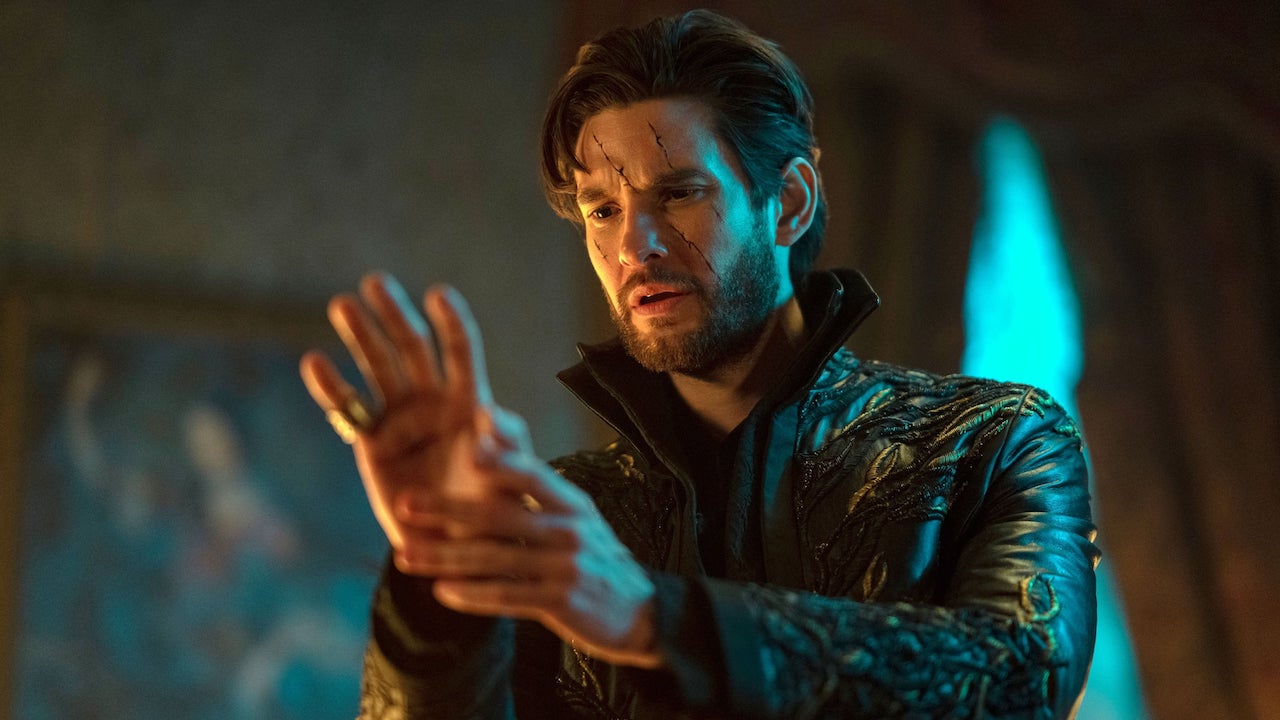
And then there’s Jesper—the bisexual gunslinger who’s impeccably cool and exactly the sort of character lab-grown to be a fan favourite. He’s having far too much fun to be bothered with everyone else’s petty dramatics and yet he’s also got that tragic streak that these sorts of characters all inevitably expose. The kind that really breaks your heart. This season, he has his own romantic intrigues. So does half the rest of the cast.
Almost everyone here is in their twenties, even the people who are supposedly in charge of these enormous kingdoms and wide-spanning economies. Occasionally, characters will say something deeply goofy but unquestionably sincere. Alina, at one point, is told: “you’re not just sunshine, sunshine—you’re hope for the future.” The costumes are gorgeous, all corsets and finely tailored jackets. There are airships and sojourns to new cities steeped in Chinese and Mongolian culture. Whatever you think of Shadow and Bone, you can’t really blame anyone for losing themselves in all this.





